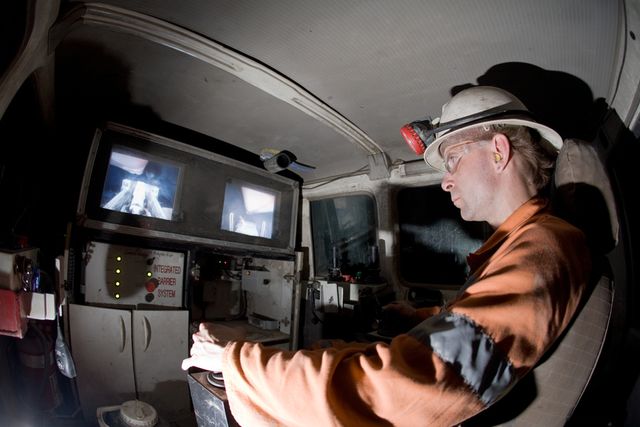
Sleep deprivation is bad for your health and can be dangerous on a mine site. Let's take a look at the signs.
Sleep. If there is any life necessity we bargain with, it is this. If we don’t get enough food, our grumblings would be endless. Yet, surviving with limited sleep has become a new norm, and many people expect to feel the signs of fatigue on a daily basis.
While our lives may be getting busier and more stressful, our bodies are still wired as they were thousands of years ago. The changing world around us does not change what our bodies require to function highly and keep us safe. We need sleep: seven to nine hours every night if we want to be alert, focused and able to keep a sharp memory.
Mining jobs don’t make it easy to maintain a quality sleep routine. Changing environments can be hard for your body to adjust to, particularly if you’re partying on your home swing and then trying to get back into a rhythm onsite with sleep debt. Being away from home can cause stress and anxiety due to relationship issues. And burnout is a very real concern when all of these things compound.
How to recognise sleep deprivation
The symptoms of sleep deprivation, sadly, are seen everywhere in our modern world. It is perhaps more normal to be scatterbrained than it is to be alert. If you’re working on a mine site, however, this can be dangerous. Going to work deprived of sleep puts you and your colleagues at risk.
If you haven’t slept seven to nine hours every night for a few consecutive nights, have had disrupted sleep in the previous nights, or have been affected by medication, other drugs or alcohol, you are at a high risk of fatigue caused by sleep deprivation. As this manifests, you may become:
- Forgetful
- Distracted
- Slow to react
- Irritable
- Lacking in motivation.
On a mine site, these symptoms are dangerous. Not taking them seriously and coming to work distracted and unable to react to situations quickly can risk your safety and that of your colleagues.
RELATED: Workplace Health And Safety: A Help Or A Hindrance?
Getting more ZZZ’s
Thankfully the mining industry in Australia has high standards of safety, and they try to set up rosters that allow mine workers to get the optimal recovery sleep.
Offsite you need to be disciplined:
- Get a minimum of seven hours of sleep over a 24-hour period.
- If you work odd hours and are coming home from night shift, close the blinds, wear sunglasses and try to stay in darkness to convince your body it is time to sleep.
- Stay away from coffee, energy drinks and alcohol before bed. While a nightcap might appear to help you sleep, it actually reduces the quality of sleep and can leave you sleep deprived even if you think you’ve got your seven to nine hours.
- If you’re feeling tired and you have a shift or long commute coming up, take a 20- to 40-minute nap to help with alertness.
RELATED: What night shift does to your body (and can it make you fat?)
In mining employment, getting enough sleep is critical for everyone’s safety. It is your responsibility to treat sleep seriously so that accidents can be avoided and you can go back to your home swing with energy and alertness for your friends and family.
Time to look for a new mining job? MPi has been a mining recruitment specialist for more than 23 years. Register with us here and let us help you find the right job.